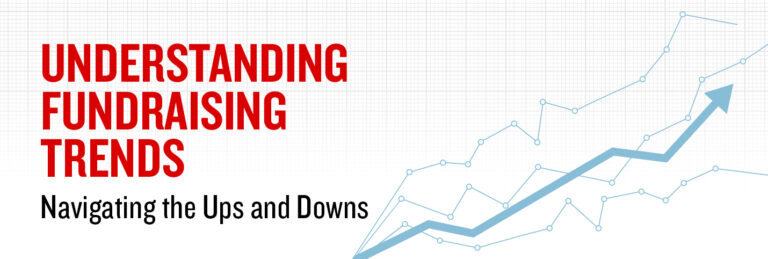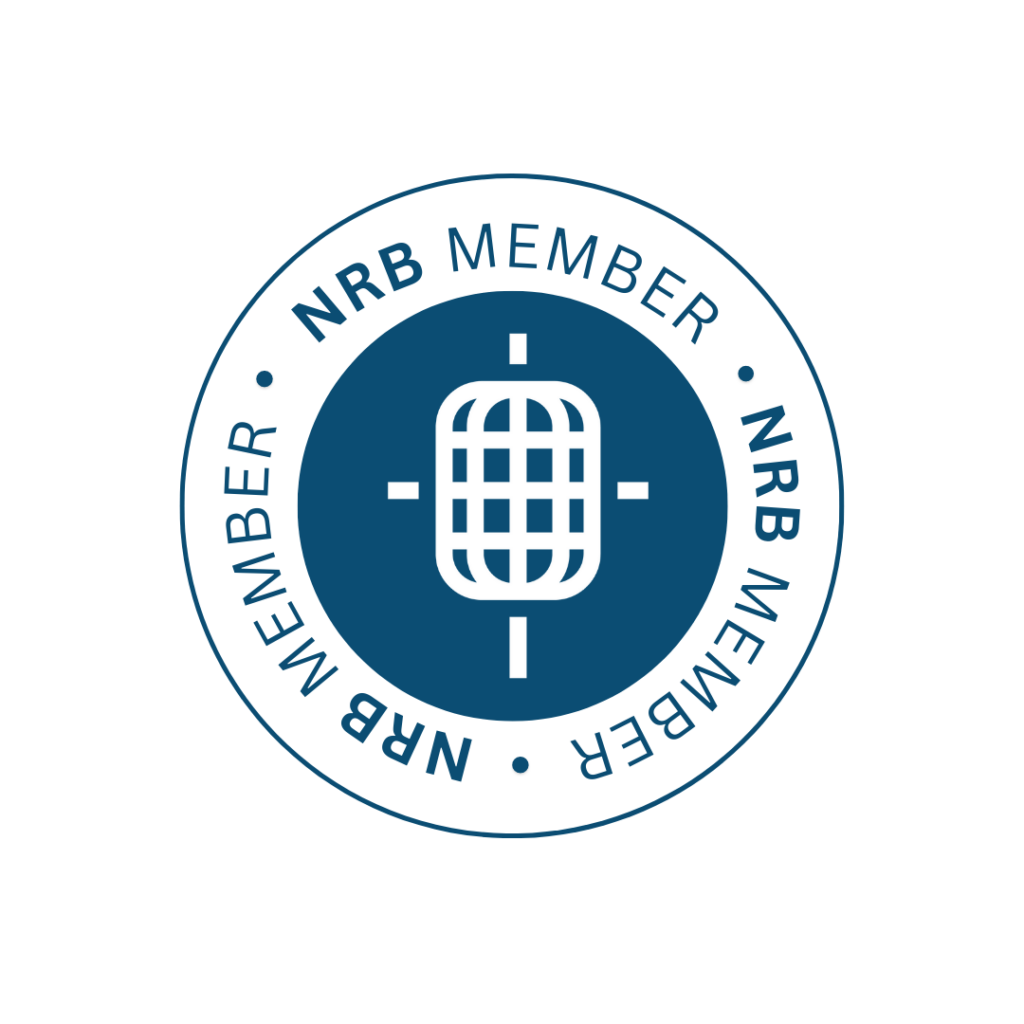The Truth About Co-Ops
As a steward of the fundraising responsibility for your organization, one of your most critical responsibilities is inviting new supporters to be involved in accomplishing your mission! And not just for today, but people who will continue to support your organization for years to come.
But how do you find the right people? One option you may want to consider is partnering with a cooperative database to acquire new donors.
What are Co-ops?
Cooperative databases, or co-ops, are organizations that can be used to rent names or append information to your existing donor file. Most importantly, these organizations can build models to help you identify and target multi-channel communications to your best prospects. If you are reaching out to every person in a certain geographic area or every person who ordered from a specific product catalog, you may be wasting time and money on prospects who will never respond.
How do they work?
Each co-op approaches its modeling differently. But all of the models are based on data that allows co-operative databases to be extremely effective at pinpointing the best prospects for your unique organization. This can include everything from purchases people make to charitable giving to a donors’ special interests. This means you can identify and contact people who are much more likely to support your organization—reducing wasted effort and money. And most of the co-ops will build these models free of charge based on your specific organization and donor pool. So the model you use is completely custom built just for you. These models can be used to identify the right people for your new donor acquisition efforts or the right people for your lapsed reactivation efforts.
How much will this cost us?
One of the other tangible benefits of co-ops is they tend to be much less expensive than renting lists from a list broker. Now, that comes with an asterisk. Co-ops are data cooperatives—which means every organization that uses them also submits their data into the co-op. So you will need to give consideration to the possibility that your donors will be available for other organizations to use. This sharing of the transactional information is one of the key secrets to co-op success. However, if any of the records in your data are unique to you, that data will not be entered into the co-op database and, therefore, will not be made available for anyone else to use. So, your unique donors will remain your unique donors.
Is it right for my organization?
Every nonprofit needs to answer this for themselves. But here are some questions you should consider to help you make an informed decision.
-
- Are the historical ways of acquiring new donors working as well as they have in the past?
- Is the cost to acquire a new donor going up?
- Are we acquiring the types of donors who provide long-term support?
With each gift of support, your nonprofit is building capacity to meet its financial needs—both for today as well as in the future. The long-term health of your organization heavily depends on engaging new supporters. Cooperative databases offer one avenue to ensure your nonprofit acquires the right number of donors, at the right value.
Our team is happy to help advise you on what strategy may work best for your organization, but you’ll never know unless you try.
Related articles
-

More Than Just Work
As a young Christian professional navigating the conundrum of aligning my beliefs into a purposeful career, I’ve been blessed to…
-
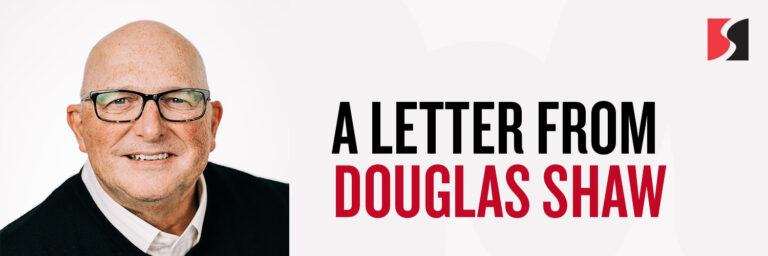
What to Think of Artificial Intelligence and Its Impact on Fundraising . . .
In trying to summon an image to represent our theme for this issue of Donor Focus, I found myself drawn…


